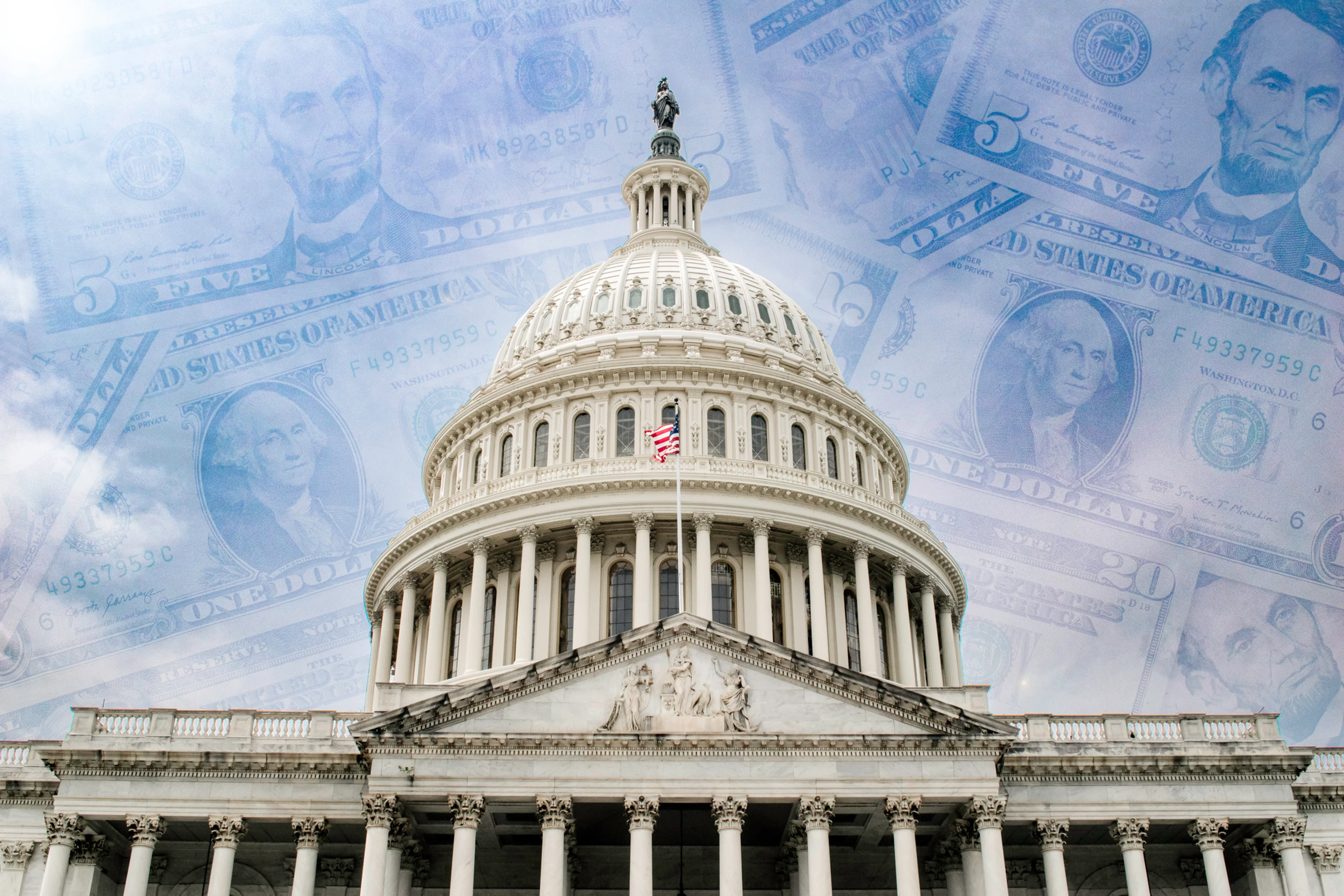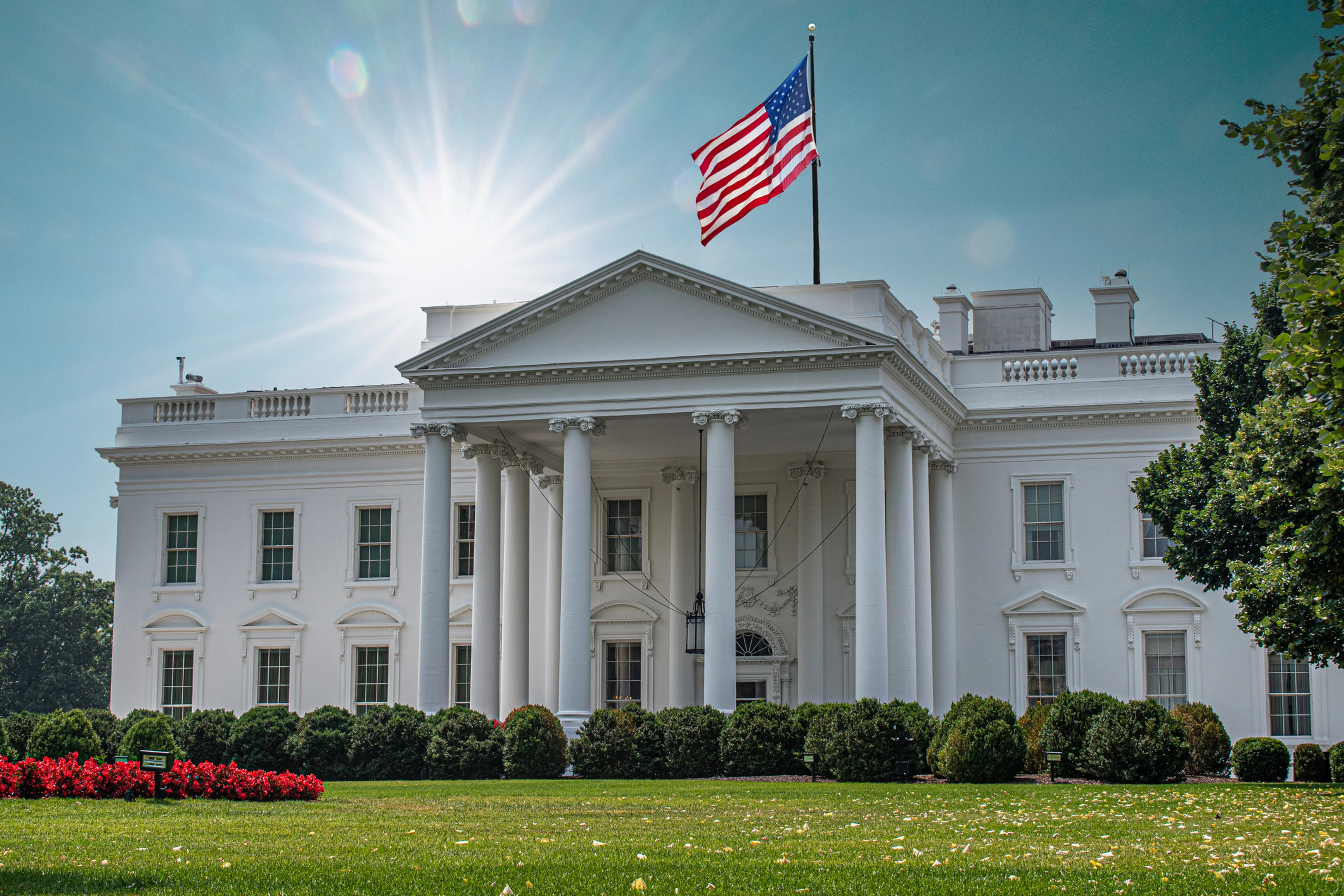
Breaking Down “The One, Big, Beautiful Bill Act”: New and Extended Tax Provisions
Update: On July 4, 2025, President Trump signed the One Big Beautiful Bill Act (OBBBA) into law. View the key changes affecting individual and business taxpayers here.
As anticipated, the U.S. House of Representatives (after budget resolution) has passed its sweeping tax and spending bill, known as, “The One, Big, Beautiful Bill Act” (OBBBA). The bill has moved to the U.S. Senate for debate, review and vote (with a simple majority needed for passage); however, we can anticipate proposal amendments based on opinions publicly noted by several senators.
In the meantime, here is an overview of the proposed bill and its potential impact on businesses and individuals:
Business Tax Provisions
Some of the most notable business tax changes in the OBBBA include:
Permanent extensions of Tax Cuts and Jobs Act (TCJA). With many TCJA provisions set to expire on Dec. 31, 2025, the OBBBA would extend some of these, including:
- Bonus depreciation. Resets this to a 100% deduction for eligible property acquired and placed in service after Jan.19, 2025, and before Jan. 1, 2030. The current deduction amount is 40% for 2025 and was expected to phase out completely in 2027.
- Section 199A qualified business income (QBI) deduction. Becomes permanent under OBBBA, and the deduction amount increases to 23% for tax years beginning after 2025. The current QBI deduction generally equals 20% (not to exceed 20% of taxable income) and is available through 2025 to owners of pass-through entities — such as S corporations, partnerships and limited liability companies (LLCs) — as well as to sole proprietors and self-employed individuals. QBI is defined as the net amount of qualified items of income, gain, deduction and loss that are effectively connected with the conduct of a U.S. business.
- Domestic research and experimental expenditures. Allows immediate expensing of domestic research and development (R&D) expenditures for the years 2025 through 2029, reversing the 2022 five-year amortization rule. Foreign R&D gets partial relief, but no full expensing. Providing added flexibility, the bill would allow taxpayers to elect whether to deduct or amortize the expenditures. (The requirement under current law to amortize such expenses would be suspended while the deduction is available.)
- Section 179 expensing election. Increases the expensing limit to $2.5 million and the phaseout threshold to $4 million for property placed into service after 2024 (the amounts would continue to be adjusted annually for inflation). Under current law, for 2025, the expensing limit is $1.25 million and the phaseout threshold is $3.13 million. This tax break allows businesses to currently deduct (rather than depreciate over a number of years) the cost of purchasing eligible new or used assets, such as equipment, furniture, off-the-shelf computer software and qualified improvement property. An annual expensing limit applies, which begins to phase out dollar-for-dollar when asset acquisitions for the year exceed the Sec. 179 phaseout threshold.
- Business interest. Restores the earnings before interest, taxes, depreciation and amortization (EBITDA)-based interest deduction limit (30% of adjusted taxable income without depreciation/amortization) for the years 2025 through 2029, easing restriction debt financing.
Pass-through entity “excess” business losses. Makes the excess business loss limitation permanent. The Inflation Reduction Act, through 2028, limits deductions for current-year business losses incurred by noncorporate taxpayers. Such losses generally can offset a taxpayer’s income from other sources, such as salary, interest, dividends and capital gains, only up to an annual limit. “Excess” losses are carried forward to later tax years and can then be deducted under net operating loss rules.
Employee retention credit (ERC). Ends processing and payment of ERC claims retroactive to Jan. 31, 2024, and increases the statute of limitations to six years, giving the IRS more time to audit and potentially recapture erroneously allowed credits for both IRS and taxpayers. Under current rules, the IRS has three years to assess ERC amounts for 2020 and the first two quarters of 2021, and five years for the last two quarters of 2021.
Clean energy incentives. Eliminates the clean vehicle tax credit by the end of 2025 (in most cases) and clean electricity credits by 2028. The Section 45Z clean fuel production credit (for biofuels) would be extended to 2031 but would be limited to North American feedstock and prohibits the credits for foreign entities.
Disaster relief. Permanently extends TCJA casualty loss rules and designates federally declared disasters as qualified losses.
Opportunity zones (OZs). Renews the OZs program through 2033, with a 30% basis step-up for rural zones and stricter eligibility criteria, such as a 33% rural zone requirement and enhanced reporting obligations for funds and investors. OZs were initially created under TCJA to allow investors to defer and potentially exclude capital gains by investing in Qualified Opportunity Funds that support development in low-income communities. This incentive was set to expire Dec. 31, 2028, under TCJA.
Notably absent from the OBBBA are changes to the current the corporate tax rate, domestic manufacturing rate, carried interest or capital gains rate.
Individual Tax Provisions
Individual taxpayers can expect to see many TCJA-related tax provisions extended or made permanent, as well as additional changes. Key individual tax provisions include:
Individual income tax rates. Makes permanent the TCJA income tax rates, including the 37% top individual income tax rate. If a new law isn’t enacted, the top rate would return to 39.6%. There are no proposed changes to the high-income individual tax rate.
Itemized deduction limitation. Permanently eliminates miscellaneous itemized deductions and introduces a new limitation on itemized deductions for taxpayers in the 37% income tax bracket that would go into effect after 2025.
Standard deduction. Temporarily boosts the standard deduction amounts for tax years 2025 through 2028. For these years, the amounts would increase $2,000 for married couples filing jointly, $1,500 for heads of households and $1,000 for single filers. Seniors who are over 65 years old and meet certain income limits will receive an additional standard deduction of $4,000. Currently, the inflation-adjusted standard deduction amounts for 2025 are $30,000 for joint filers, $22,500 for heads of households and $15,000 for singles.
Child Tax Credit (CTC). Makes the CTC permanent, raises it to $2,500 per child for tax years 2025 through 2028 and retains the higher income phaseout thresholds. It would also preserve the requirement to provide a child’s Social Security number (SSN) and expand it to require an SSN for the taxpayer (generally the parent) claiming the credit. After 2028, the CTC would return to $2,000 and be adjusted annually for inflation.
State and local tax (SALT) deduction. Increases the TCJA’s SALT deduction cap (which is currently set to expire after 2025) from $10,000 to $40,000 for 2025. The limitation would phase out for taxpayers with incomes over $500,000. After 2025, the cap would increase by 1% annually through 2033.
Personal exemptions. Permanently terminates personal exemptions, as originally introduced in the TCJA. Prior to 2018, taxpayers were eligible for a deduction for certain professional fees and unreimbursed employee business expenses, i.e., home office expenses.
Federal gift and estate tax exemption. Beginning in 2026, the bill would increase the federal gift and estate tax exemption to $15 million. This amount would be permanent but annually adjusted for inflation. (For 2025, the exemption amount is $13.99 million.)
Alternative minimum tax (AMT). Permanently extends TCJA’s higher AMT exemption and phase-out thresholds, which was scheduled to expire after 2025.
Business loss carryforwards. Amends Sec. 461(l)(2) to provide that any excess business loss of a noncorporate taxpayer is carried forward as an excess business loss rather than being treated as a net operating loss (NOL). This would effectively provide for a permanent disallowance of any business losses unless or until the taxpayer has other business income.
New Tax Provisions
On the campaign trail, President Trump proposed several new tax-related ideas. The OBBBA would introduce a few of them into the U.S. tax code:
No tax on tips. The OBBBA would offer a deduction from income for amounts a taxpayer receives from tips. Tipped workers wouldn’t be required to itemize deductions to claim the deduction. However, they’d need a valid SSN to claim it. The deduction would expire after 2028. (Note: The Senate recently passed a separate no-income-tax-on-tips bill that has different rules. To be enacted, the bill would have to pass the House and be signed by President Trump.)
No tax on overtime. The OBBBA would allow workers to claim a deduction for overtime pay they receive. Like the deduction for tip income, taxpayers wouldn’t have to itemize deductions to claim the write-off but would be required to provide an SSN. Also, the deduction would expire after 2028.
Car loan interest deduction. The bill would allow taxpayers to deduct interest payments (up to $10,000) on car loans for 2025 through 2028. Final assembly of the vehicles must take place in the United States, and there would be income limits to claim the deduction. Both itemizers and nonitemizers would be able to benefit.
Charitable deduction for nonitemizers. Currently, taxpayers can claim a deduction for charitable contributions only if they itemize on their tax returns. The bill would create a charitable deduction of $150 for single filers and $300 for joint filers for nonitemizers.
Trump accounts. The OBBBA would establish a new type of tax-preferred account for children under eight years old. These new tax-exempt trust accounts will provide a $5,000 annual contribution cap for education, first homes or small businesses. They also include a pilot program, where the federal government pays a one-time $1,000 credit to an account of each qualifying child (born after 2024 and before 2029).
What’s Next?
These are only some of the provisions in the massive House bill. The proposed legislation is likely to change (perhaps significantly) as it moves through the Senate and possibly back to the House. Regardless, tax changes are expected this year. We’ll continue to provide more legislative updates as they become available.
Ready to put this brain power to work?




